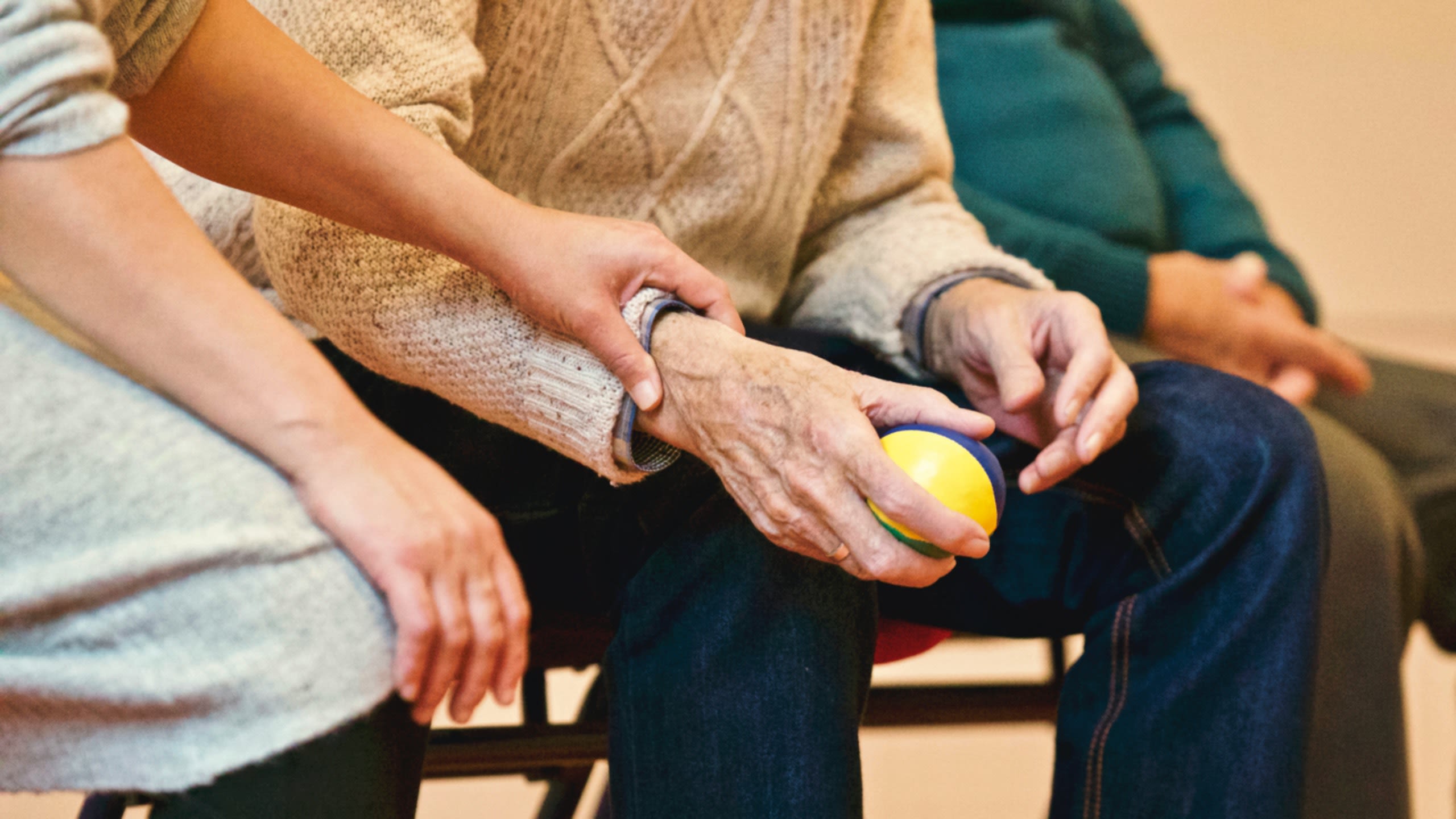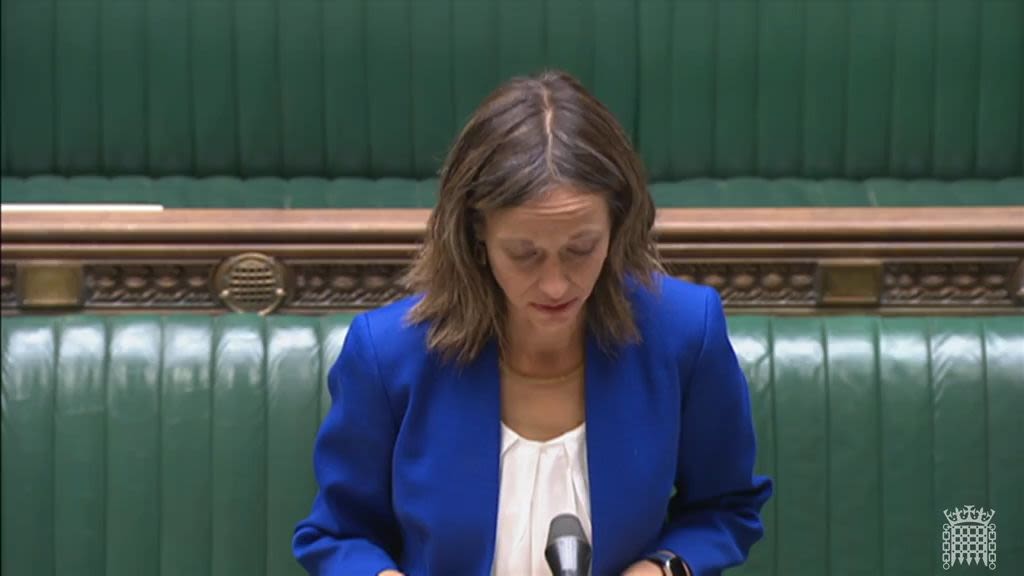Your experiences
Guaranteeing the right to maintain contact in care settings

On Thursday 27 October 2022, MPs Dan Carden, Tracey Crouch and Daisy Cooper led a debate in Parliament entitled "Guaranteeing the right to maintain contact in care settings".
To inform the debate, they asked to hear about your experiences.
In the debate, Dan Carden MP thanked those who responded to our survey:
"The support and care given by partners and by parents and children is not an optional extra: contact with loved ones is absolutely vital to dignified care.
"This point was also made by the 363 members of the public who in the last few days alone provided written evidence for this debate, and I want to thank them for their brave contributions..."
Points raised by contributors were highlighted in the debate, and several stories were quoted directly:
If you took part in this activity, please answer two quick questions about your experience:

The Government's response

Health and Social Care Minister, Helen Whately MP, responded to the debate.
The Minister said that "we cannot have a situation in which families and friends are struggling to see loved ones in care homes". She added that, while she could not announce legislation "here and now at the Despatch Box", she had commissioned work on the steps that can be taken "to sort this out".
The Minister also addressed the Government’s current policy regarding visiting in care settings.
Watch or read her full speech for details on a range of topics including:
- The importance of visiting for the health and wellbeing of people in residential care
- The Government’s approach to care home visiting during the pandemic, including the introduction of essential care visitors from March 2021
- The Government’s current guidance that there should not be restrictions on visiting in care homes unless there is a Covid outbreak (updated in October 2022).
- A commitment from the Minister to do further work in response to concerns that the guidance on visiting is not being followed
- An outline of action taken by the DHSC to track care home visiting restrictions
- Responses to points raised by contributors about the role, remit and powers of the Care Quality Commission relating to facilitating visiting.
Introducing the debate, MPs Dan Carden and Daisy Cooper gave the following statement:
"The impact of people being isolated in health and care settings cannot be understated - lack of contact can have serious implications on the health and wellbeing of the individual and their families, especially for individuals who are unable to advocate for themselves.
"Although there are some excellent examples of good practice, there are significant levels of uncertainty and variability throughout the health and care system. We believe that the right to in-person support from a friend or relative in a health or care setting (e.g. hospital, mental health unit, care home or rehabilitation centre) should be protected.
"The experiences of people affected by contact restrictions in health and care settings must be heard. Your experiences will inform the upcoming debate on 27 October."


What are Backbench Business debates?
Backbench Business debates give backbenchers (MPs of any party who are not ministers or shadow ministers) an opportunity to secure a debate on a topic of their choice, either in the House of Commons Chamber or in Westminster Hall.
MPs can make a request for a debate to the Backbench Business Committee, who hears and decides which debates to schedule.
The debates can either be general debates (which do not end in a vote) or be on a substantive motion (which calls for an action and can end in a vote). This will be a general debate.
- Committee pages: Backbench Business Committee
- MPs' Guide to Procedure: Backbench Business Committee debates.
How your contributions are shared
In these exercises, members of the public who have signed relevant petitions or are subscribed to related parliamentary newsletters are invited to share their experiences and ideas.
These are passed on to the MP leading the debate, who may refer to them directly in their speeches.
Find other petitions on the Petitions website, or see more examples of public contributions being used in debates below
Sign up to the Your UK Parliament newsletter for latest info on free activities online and around the UK to help you get involved and make a difference.
What happens next?
If you shared your email in the survey, we’ll send you an update after the debate with links to watch it, read the transcript, and information about the Government's response.

Library publications and committee inquiries




Photo credit: UK Parliament / Jessica Taylor